Mutations and translation
A mutation, which may arise during replication and/or recombination, is a permanent change in the nucleotide sequence of DNA. Damaged DNA can be mutated either by substitution, deletion or insertion of base pairs. Mutations, for the most part, are harmless except when they lead to cell death or tumor formation. Because of the lethal potential of DNA mutations cells have evolved mechanisms for repairing damaged DNA. There are three types of DNA Mutations: base substitutions, silent mutation and premature stop codons. Base substitutions can have a variety of effects. The silent mutation cited above is an example of a base substitution, where the change in nucleotide base has no outward effect. A missense mutation refers to a base substitution when the change in nucleotide changes the amino acid coded for by the affected codon. A nonsense mutation refers to a base substitution in which the changed nucleotide transforms the codon into a stop codon. Such a change leads to a premature termination of translation, which can badly affect the formation of proteins.
Add To
You must login to add videos to your playlists.
Advertisement



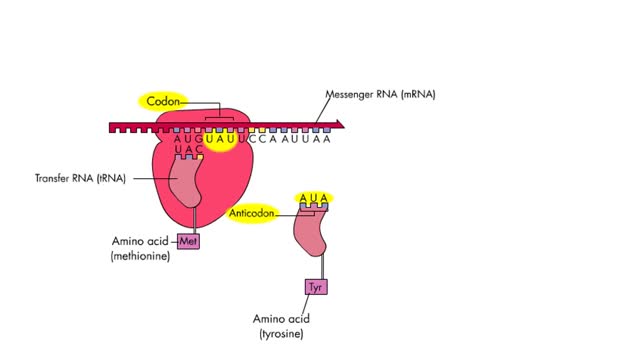
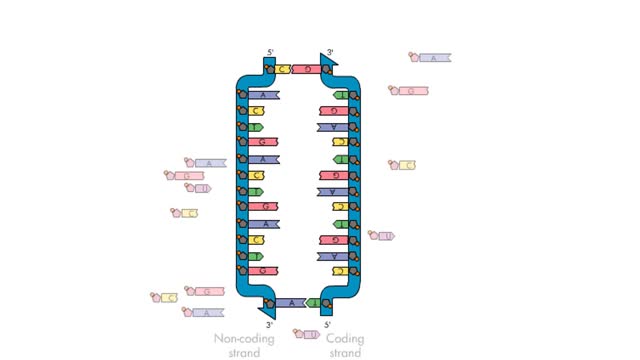
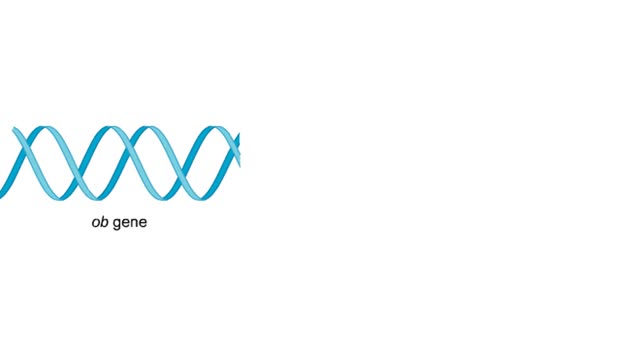
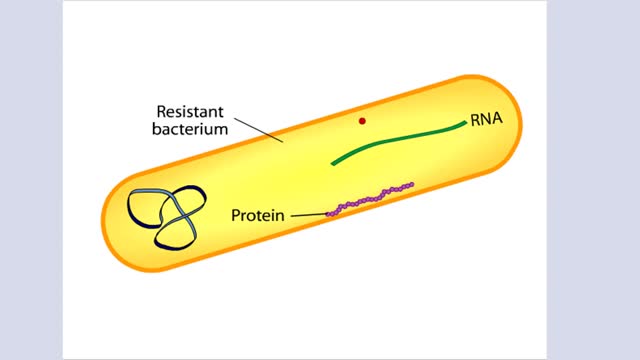
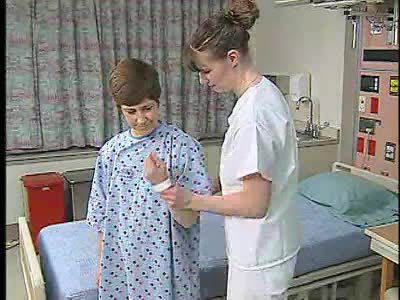
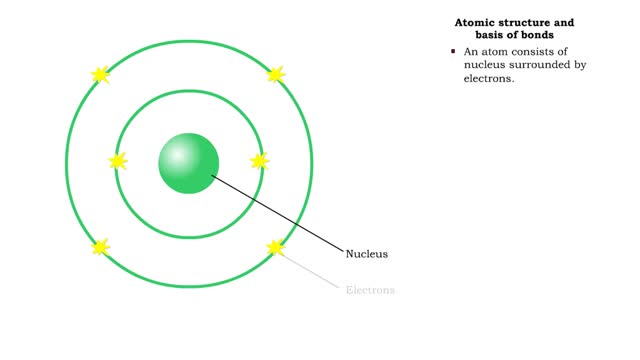
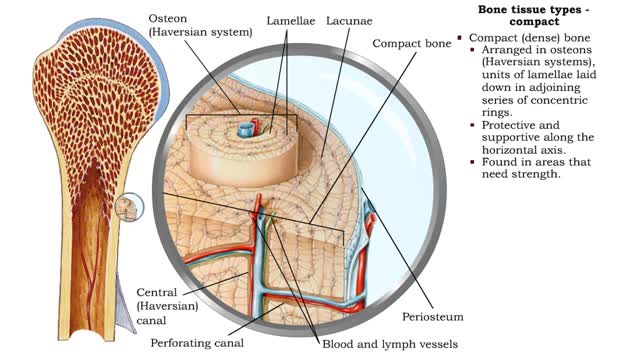
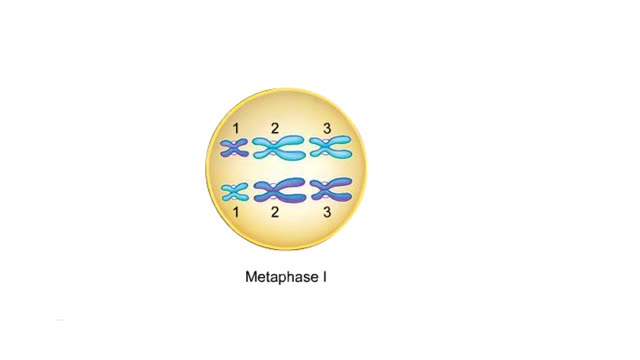
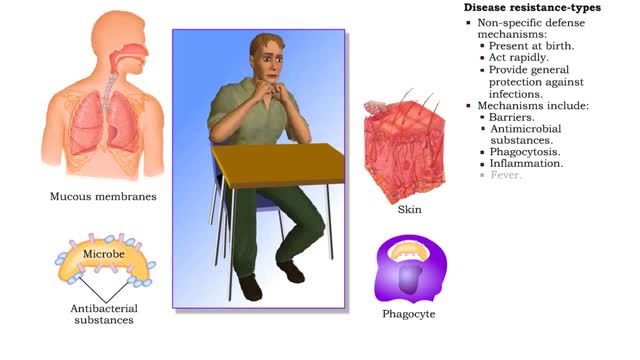
Comments
0 Comments total
Sign In to post comments.
No comments have been posted for this video yet.